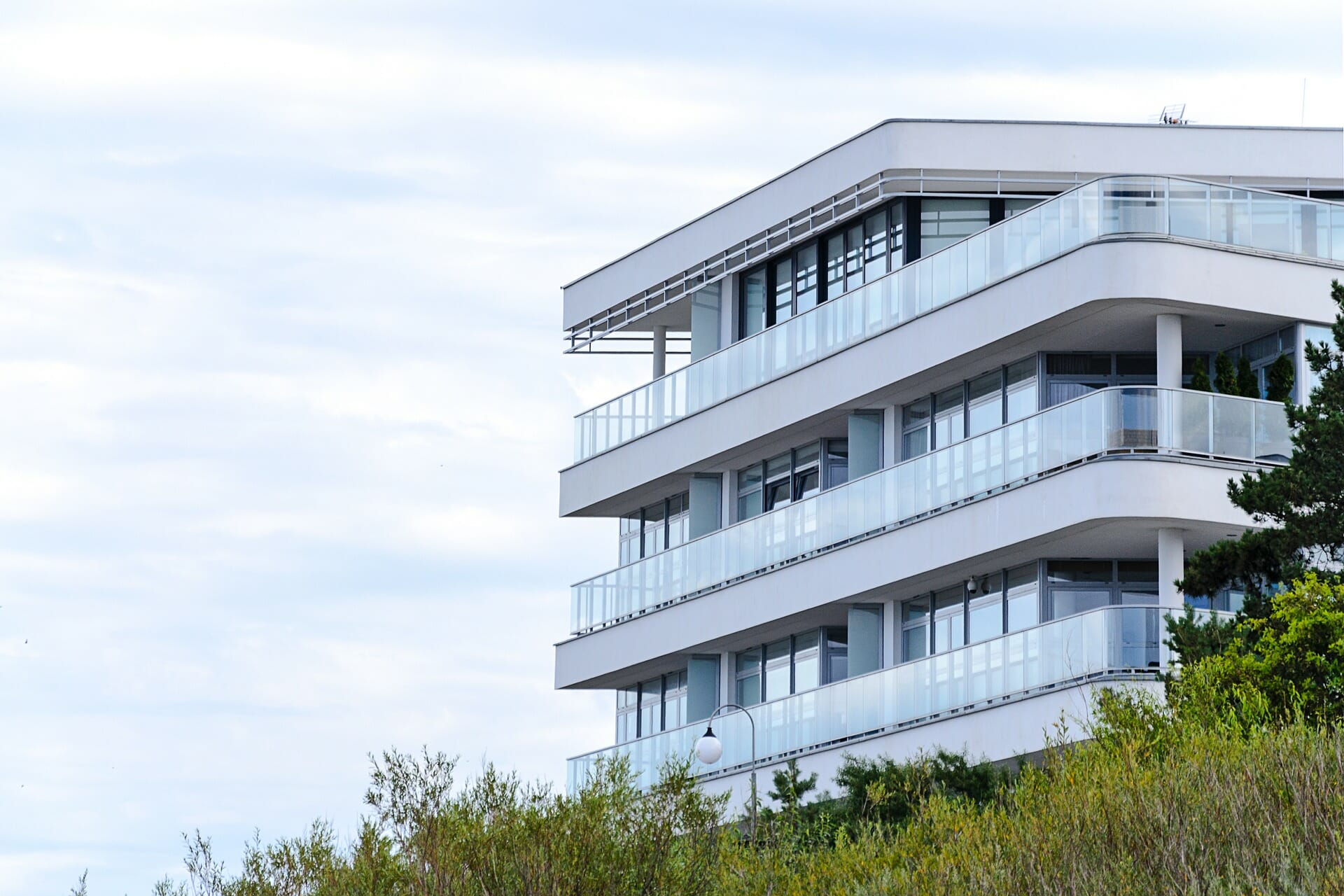What’s the best way to reach hundreds of condo residents all at once? This is a question that many property managers and boards struggle with.
Condo communities work best when there is a continuous exchange of information, but communicating with hundreds of people can be pretty challenging. Fortunately, there are some useful communication tools that can help make this difficult job much easier. Below are some of the best communication tools that every condo should have.
Internal and external communication
Some issues or information will only concern board members or management, while other messages will need to be delivered to every resident. Your condo’s communication tools must have the ability to deliver and receive internal and external information.
Maintaining consistent communication regarding projects, finances, and goals will ensure directions are provided to the people on your team and everyone is working towards the same objectives. Methods for communicating internally include virtual or in-person meetings, calls, discussion forums, and emails. Internal teams need to attend scheduled meetings to discuss top-tier issues, but they will also need a system for maintaining communication in between those meetings.
Consistency is also very important when it comes to external communication. Methods for talking to your condo community may include emails, newsletters, communication software, websites, message boards, and virtual or in-person meetings. You will probably need more than one tool for communicating with residents. While many of them will see the emails that you send, not everyone is online. It’s important to consider your audience and their communication preferences, too.
Essential communication tools
Digital display screens
Digital display screens allow residents to see what’s going on in their condo without having to log in or log on to anything. These screens can be installed in the lobby, mailroom, or elevators. If your building uses condo management software, you can push announcements, events, and even package notifications from the software to the screens.
Unlike traditional bulletin boards, management can display multiple rotating messages on a digital screen. It’s a great tool to have, especially if your community isn’t comfortable using a website or resident portal.
Communication software
Communication software can fill in big and small communication gaps. It is versatile, convenient, and very user-friendly. One of the best things about this software is that it can be used for both internal and external communications. For example, you can create a discussion forum exclusively for board members and management, you can share patrol information with security and concierge using a designated security feature, and you can design an event calendar for residents that tracks member meetings, fire alarms, amenity closures, social events and more.
Send out time-sensitive information right away, reduce print and paper costs, and minimize tedious, repetitive tasks. Communication software is a very valuable tool to have.
Email is a relatively simple and accessible communication tool. There are several email platforms to choose from, including Gmail, Outlook, and Yahoo. You can share your professional email account with residents through display screens, on your condo’s website, or post your contact information on the door of your office.
Email can be sent and received at any time, but it can be difficult to stay on top of everything if that is the only way residents can reach you. Make sure to avoid using your personal email for professional correspondence. If any litigation comes up, you may be obligated to produce personal emails.
Newsletters
Many condos love the idea of a condo newsletter, and when written well, residents love to read those newsletters. Newsletters are a great way to get key information in front of residents. To really engage your readers, these newsletters should be informative and fun. Yes, share the important stuff about bylaw updates or an upcoming board meeting, but make sure to include news or updates about people who live in the building, photos, and city or town events. If you don’t have a team that can write and publish the newsletter, you can hire someone to do it for you, provided you have the budget. However, it’s always better to have a writer on hand who knows the community and understands what they care about.
Consider publishing your newsletter online so that you can include helpful links to additional community resources.
Website
Many condos already use their website as a place to share building announcements and arrange amenity bookings. Some also use if for marketing purposes, which is an excellent idea. A clean, informative website is a good way to attract new residents. However, websites can also be used as a place to store condo documents. Bylaws, financial documents, and commonly used forms can be stored on a password-protected page that every resident can access. By keeping documents online, updates can be made quickly and easily, and residents will always know where to look when they need specific information or forms.
In addition to these functions, a good website can also be used to collect dues online, it can reduce postage costs, and residents can submit maintenance requests without asking for or mailing a physical form document.
In-person communication
This article was published in the midst of the COVID-19 pandemic. At this time, people are having to rely on phone calls, Zoom, Skype, email, and text messages to communicate. But, once people are permitted to get together again, we would strongly encourage setting up some in-person meetings. Face-to-face communication still ranks as one of the top ways to have meaningful conversations. People can ask questions, get clarity on certain issues, and share information right away. An email conversation could carry on for hours, but an in-person conversation may only take twenty minutes. Plus, people generally enjoy speaking to other people, especially if they’re trying to resolve an issue.
Small in-person meetings tend to work better than large ones. When there are many people who want to talk or share their ideas, productivity may be slowed. Creating and sharing an agenda before meetings can help to ensure they stay on track.
Tips for better condo communication
There’s always room for improvement. Use a few of these tips to building stronger relationships with your community.
- Ensure that your external and internal communications are consistent, respectful and professional
- If you use social media, don’t use this platform to share sensitive information or start controversial discussions
- Create a social media strategy you can maintain
- Ensure important documents are accessible and stored in a secure place. If they are online, make sure you can still access those documents, even if your computer were to break down
- Avoid sharing your personal phone number with your entire building. You may send internal messages through your cell, but take note that these messages could be requested if any legal issues ever came up
- Consider using video conferencing tools to allow for “face-to-face” meetings. Members can still participate online even if they cannot attend in person
- Try different online collaboration tools and figure out which ones work best for your community
- Never underestimate the importance of good communication
Conclusion
Condos have a lot of moving parts, and require constant communication from everyone who lives and works in the building. Communication tools have the potential to bring everyone together and help create a happier, more connected community.



